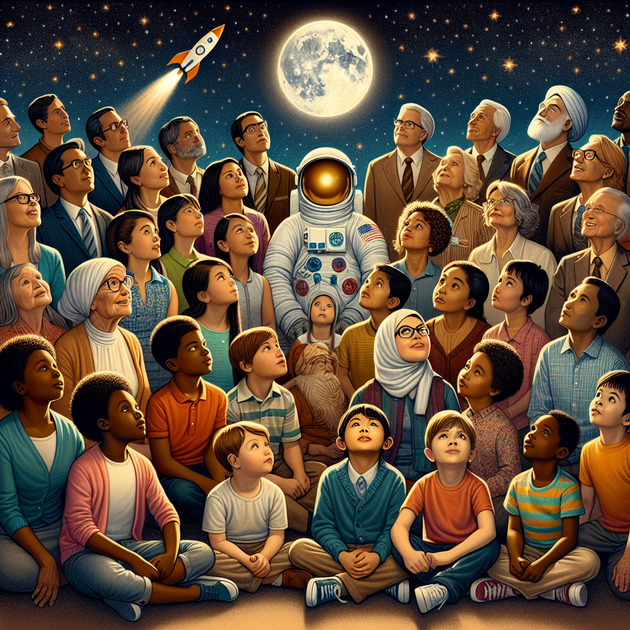Ever wondered what it would really feel like to float in space, or why the moon looks different each night? Space is packed with mysteries, and it’s natural to have a ton of space questions. Whether you’re a lifelong astronomy buff or just getting curious, there’s always something new to learn about the universe.
That’s why every week, a dedicated thread appears online where people can ask any space-related question—and get answers from fellow enthusiasts and experts alike. Let’s dive into the highlights from this week’s roundup, explore some classic space questions, and share a few tips for getting the most out of your cosmic curiosity.
Why Is It Important to Ask Space Questions?
Space might seem far away from our everyday lives, but understanding it brings us closer to big questions about existence, science, and even our own planet. When you ask space questions, you’re joining a tradition that dates back to ancient civilizations staring up at the night sky.
Here’s why exploring space questions matters:
- It sparks curiosity and inspires learning in all ages.
- Many advances in technology—from GPS to weather forecasting—come from space research.
- Understanding space helps us protect Earth, like tracking asteroids or monitoring climate patterns.
- It connects people around the world through a shared sense of wonder.
If you’ve ever asked “How do rockets work?” or “Why do we have moon phases?” you’re in great company—and you’re helping push the boundaries of human knowledge.
Popular Space Questions from This Week
Each week, you’ll find a wide variety of space questions, ranging from the super simple to the mind-blowingly complex. Here are a few examples you might spot (or want to ask yourself):
- How do rockets work? Rockets operate using Newton’s third law of motion: for every action, there’s an equal and opposite reaction. Fuel burns and shoots gases downward, pushing the rocket upward. If you want a deeper dive, NASA’s What Is a Rocket? explains it in simple terms.
- How do the phases of the moon work? The moon’s phases change depending on its position relative to the Earth and Sun. As it orbits Earth, we see different portions lit up. The phases of the moon are a predictable cycle each month.
- What’s the difference between a comet and an asteroid? Comets are icy bodies that develop tails as they get close to the sun, while asteroids are mostly rocky or metallic and don’t have tails.
- Why is space black? Space looks black because it’s mostly empty, and there’s nothing to scatter the sunlight except for the stars themselves.
If you have a burning question, chances are someone else is wondering about it too!
How to Find the Best Answers to Your Space Questions
Thanks to online communities and science outreach, it’s easier than ever to get accessible answers. Here’s how you can make the most of these weekly space threads:
- Sort comments by “new”: This helps you spot fresh questions and answers that might otherwise get buried in the conversation.
- Be polite and specific: The more detail you give, the better others can help.
- Link to trusted sources: If you find a great answer, back it up with an official site like NASA or ESA.
- Don’t be afraid to ask “basic” questions: Everyone starts somewhere, and even experts love simple questions.
A Personal Story: My Favorite Space Question
Back when I was in school, a teacher asked our class, “Why does the moon follow you when you walk?” At first, I thought it was some sort of magic. Turns out, it’s just a trick of perspective—the moon is so far away that it barely seems to move as you do. That simple question stuck with me and sparked years of curiosity about astronomy.
Space questions don’t have to be complicated to be fascinating. Sometimes, the simplest wonderings lead to the biggest discoveries.
Where Can You Learn More?
Beyond weekly Q&A threads, there are fantastic places to keep your curiosity going:
These sites offer up-to-date facts, guides, and news stories about space exploration and astronomy.
What’s Your Big Space Question?
The universe is huge, and we’re all just getting started exploring it. Whether you’re pondering black holes or just want to know why stars twinkle, every question brings us closer to understanding our place in the cosmos. So—what’s your biggest space question right now?

Leave a Reply